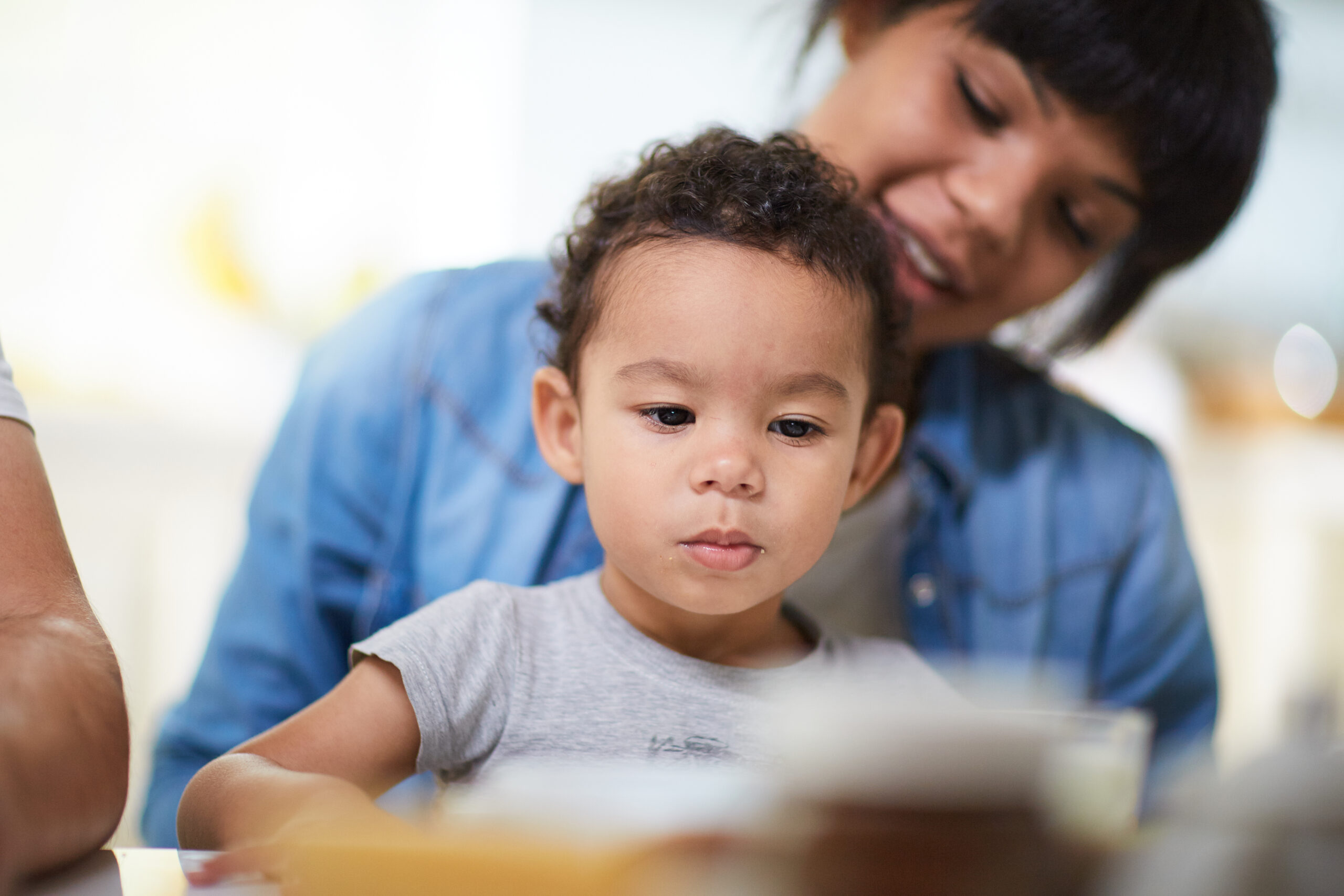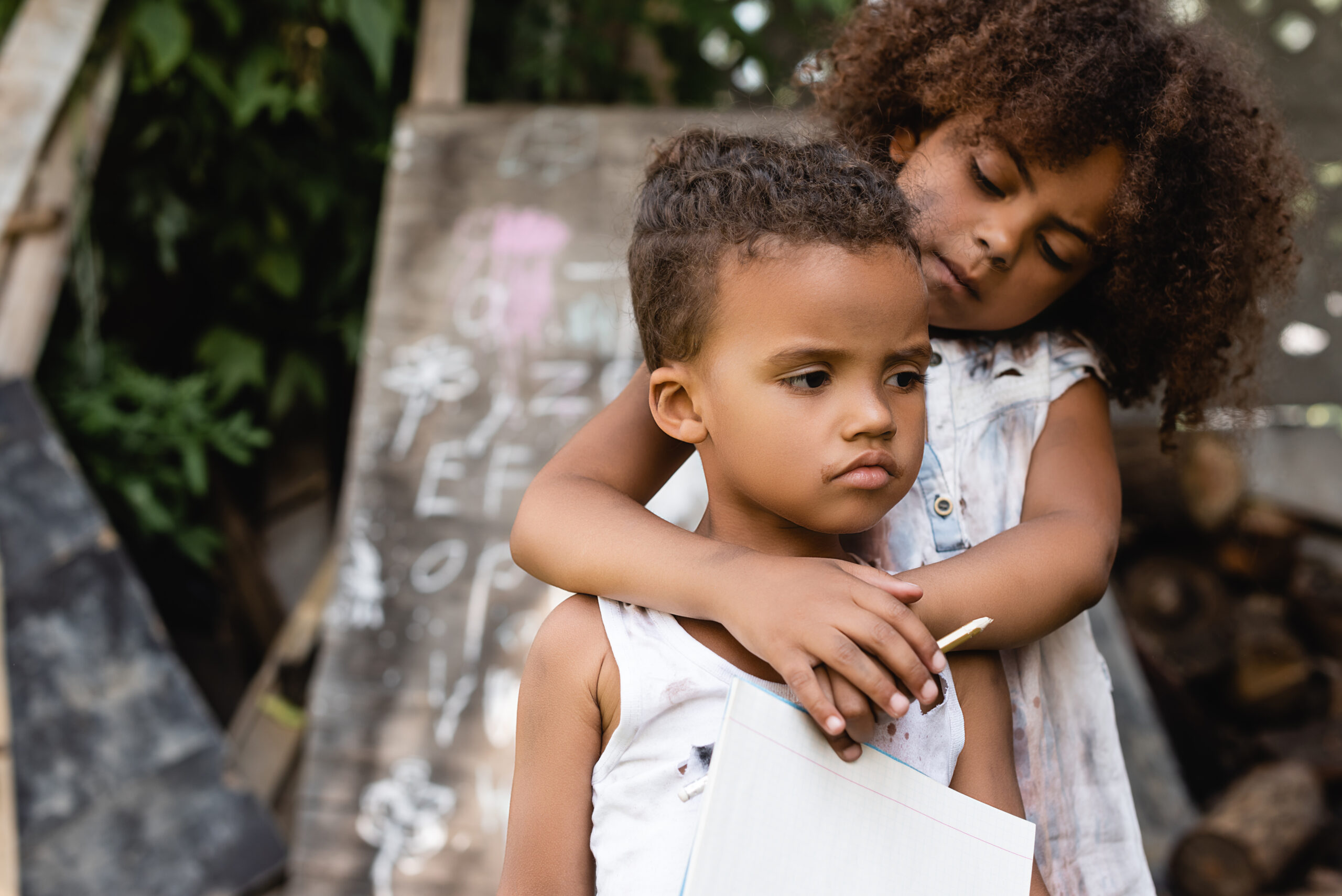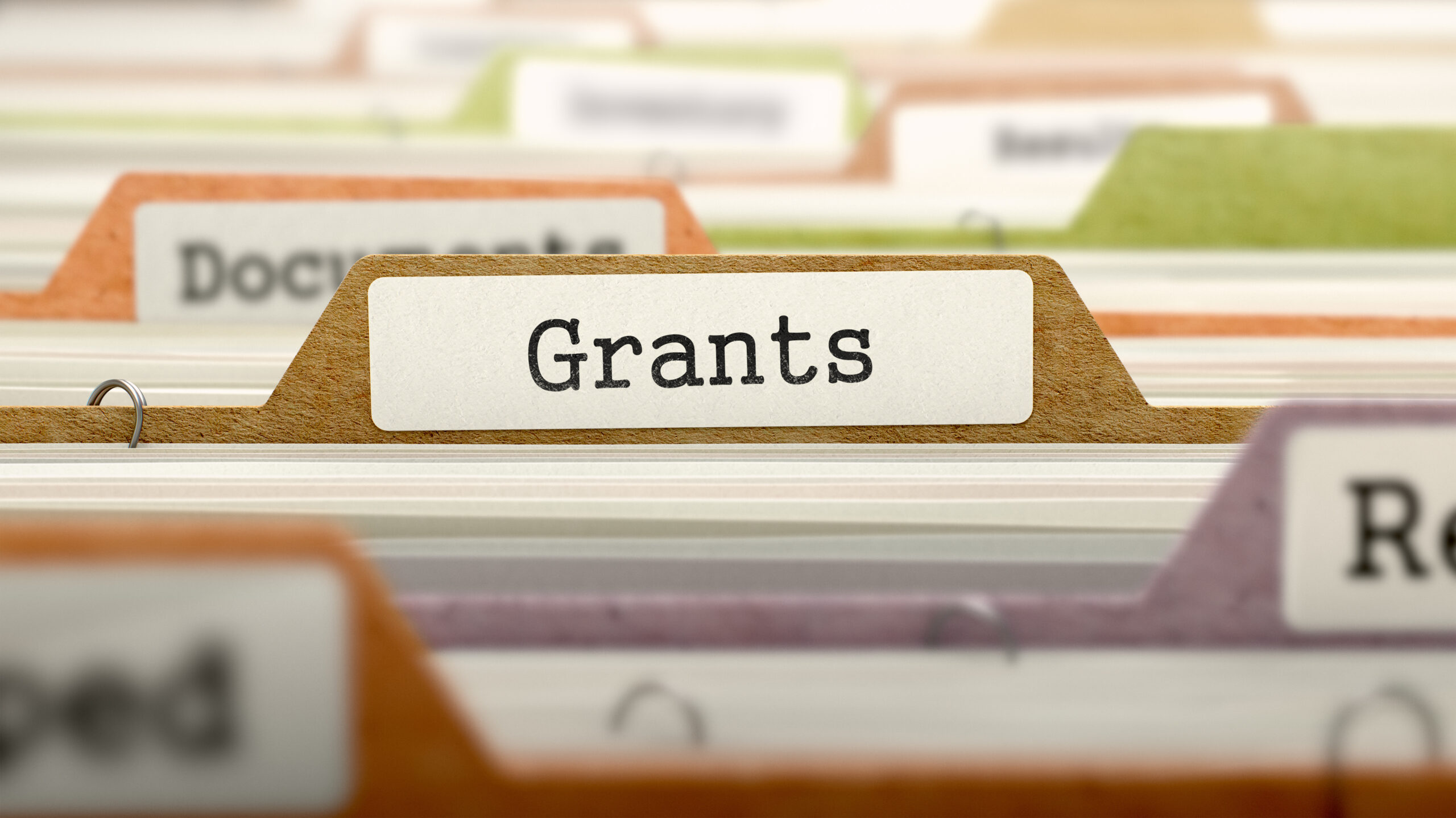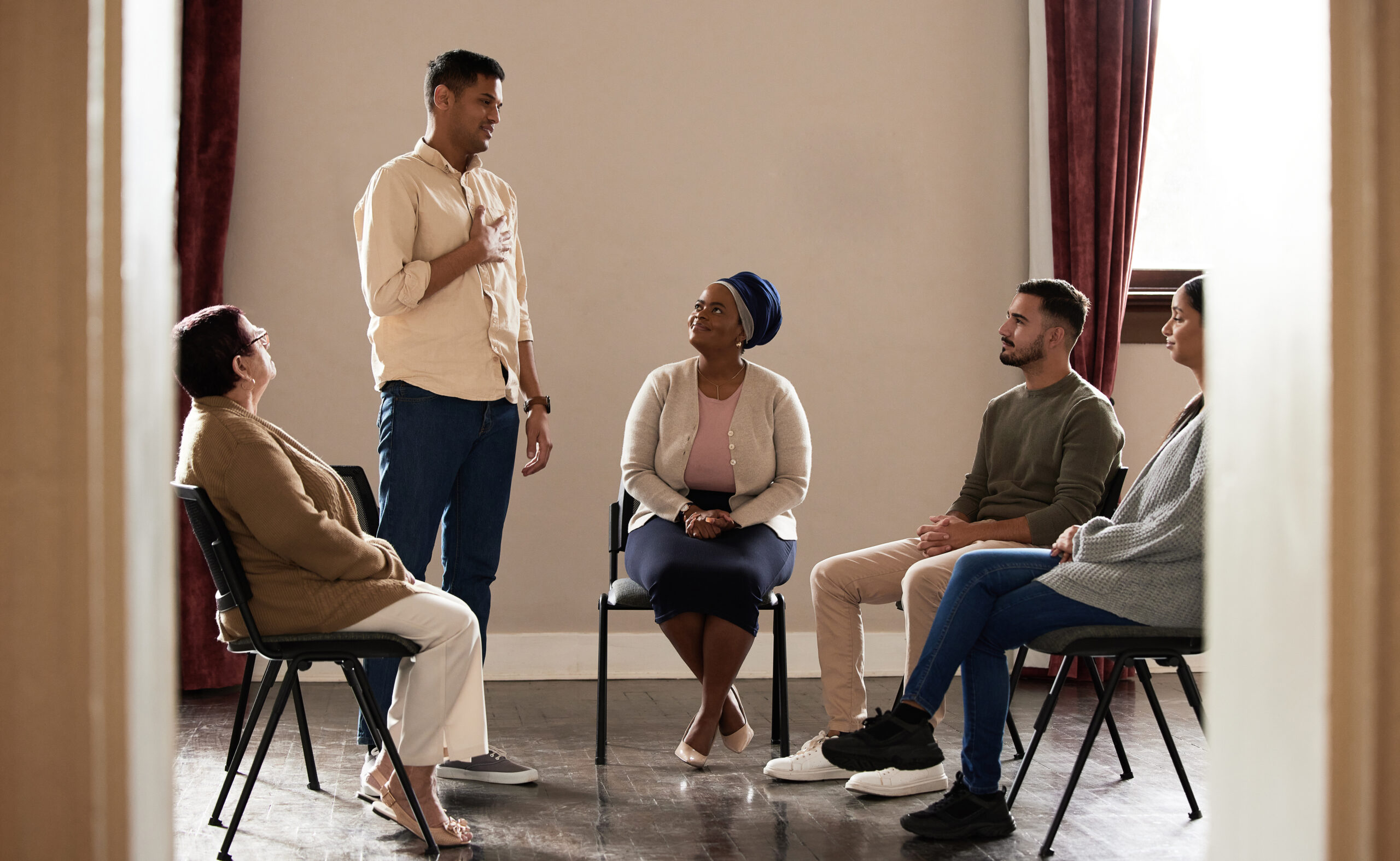
Attention to child and youth care to eliminate poverty
In recent years, international initiatives have emerged to promote and improve individual, family, and community well-being. One of the initiatives led by the United Nations (UN) is the creation of the Sustainable Development Goals (SDGs) adopted in 2015 to combine systemic strategies between and within countries to eliminate poverty and social inequalities, protect natural resources, and achieve a sustainable world by 2030. SDGs comprise 17 goals with 169 interdependent indicators that seek to leave no one behind. This pact between countries constitutes a series of actions to achieve a desired transformation.
As part of the UN universal call, Puerto Rico has initiated different strategies to analyze what we have and lack in terms of policies and services to achieve the SDGs. The 2023 Puerto Rico Voluntary Local Report presented by the Puerto Rico Community Foundation encompasses one of these efforts. Some of the problems highlighted in the report and made visible in various studies are issues that affect human well-being, such as poverty, increased social inequalities, lack of access and availability to comprehensive health services, and the worsening of high-quality education both at the primary and higher levels, among others. All these issues are interrelated with the SDGs.
Specifically, we must emphasize the SDGs’ first goal: ending poverty. Puerto Rico lags, with 43% of the general population living below the poverty line, according to data from the Youth Development Institute (2023). It takes us even further away from meeting this objective, the fact that 55% of the child and youth population lives below the poverty line. Impoverishment has adverse implications for the positive development of the child and youth population and their families and affects human rights. Structural factors that perpetuate poverty (the following is not exhaustive) are related to poorer health outcomes, limited access to adequate housing, a non-nutritious diet, problems with academic achievement, and even barriers to obtaining paid work fair enough to achieve a sustainable livelihood for oneself and the family.
It is urgent to take action addressing the impoverishment factors that increase vulnerability among children, youth, and their families, which are generally women-led. Following the first SDG goal, it is urgent to implement policies and programs in Puerto Rico that support child and adolescent care, backing up mothers in the parenting process and their economic development. According to the International Labor Organization (ILO), social responsibilities related to family care disproportionately affect women and, in turn, harm their participation in the labor market. Regarding this, the Study of the Needs of Working Women (2022) prepared by the Institute of Statistics of Puerto Rico reports that 47% of women need child care for their children, dependents, or family members, emphasizing that 63% require it for their school-age children and 37% for preschool-age children. These data confirm the need to understand and pay attention to the challenges women face to support the socio-economic development of families.
We are in a good moment to review and critically analyze the SDGs and explore how we can contribute from our place of action. Multi-level actions by the state, the nonprofit sector, and citizens are essential to achieving a country that guarantees social justice, equality, and peace. Let us remember that social transformations are also achieved from the bottom up.
Originally published by El Nuevo Día.
Learn More
Child poverty: What is our aspiration?
For solutions to be effective, a multisectoral effort is required, one that operates at various levels and is sustained over time, states Marizaida Sánchez-Cesáreo.
Learn More
El Nuevo Día: Organizations receive a $6 million federal grant to address child poverty and health inequity.
The funds are intended to subsidize research aimed at promoting long-term changes in how minors from 0 to 21 years old, their parents, and caregivers receive services.
Learn More
Dialogue to create joint efforts against juvenile delinquency
The “Puerto Rico Minors Act” (Act 88-1986) was recently reformed. In this context, 18 government and nonprofit sector representatives started a conversation about the processes to address juvenile delinquency in Puerto Rico. It was the first of a series of meetings between the components of the social welfare system and the juvenile justice system to develop a joint work plan that offers responses to this situation. According to data presented at the meeting, of the profile of minors in the correction system, 53% suffer from some neurodevelopmental disorder, 42% have been victims of some type of abuse, and 44% have shown signs of emotional problems.
The group identified some challenges affecting the case management of youth interacting with the juvenile justice system. Among these are the absence of integrated data about the profile of minors, gaps in the availability of services, limitations in psychological services, and lack of continuity in services after leaving the juvenile institution. Also, areas of opportunity have been identified to begin work and provide more effective comprehensive services. For example, Puerto Rico has a legal framework that protects the rights of early childhood, and there are collaboration agreements in place between agencies to promote child and youth well-being. It has also been suggested that federal government funds are currently more available to support prevention and rehabilitation services. This is a starting point to explore ways to build on existing programs to expand prevention services.
There is a proposal to design a Pilot Functional Family Therapy program that provides services to young people at risk of coming into conflict with the law. This program could offer substance abuse counseling, conflict resolution, and anger management therapy. Likewise, the existing educational programs in youth institutions should be improved, and a continuous service plan should be developed to train young people to live independently.
Early intervention with minors in situations of abuse, with possible diagnoses of neurodevelopmental disorders or emotional problems, should be essential to prevent subsequent risk behavior that leads them to enter a juvenile institution. These efforts must be integrated with public policy and education, as well as prevention and socioeconomic development projects that seek to address the effects of inequality and lack of access to resources. Uniting our willpower, discussing ideas, and promoting diversity of voices are reasonable steps to direct a coherent, planned, and consistent project. Let us remember that the future is in the hands of our young people. These are lives that deserve a different opportunity.
Authored by: Katiana Pérez, Executive Director of the Puerto Rico Drug-Free Alliance and member of the Puerto Rico Advisory Committee on Juvenile Justice and Delinquency Prevention
Learn More
Culture of support needed for social workers
The discussion around how to break stigmas and support the well-being of an organization’s workforce is being redefined. Workers seek more flexible environments that foster a healthy organizational culture, promote quality of life, and provide growth opportunities. Staff performance is decisive for an organization, hence the importance of developing programs that promote the well-being of workers. It helps reduce healthcare costs, reduce absenteeism, improve retention, reduce stress, increase creativity, and foster a sense of belonging.
For years, there has been talk about the shortage of human capital in the country, and today, we bring to attention the effect that this has had on the Administration of Families and Children of the Department of the Family (ADFAN). Child welfare social workers are exposed to high levels of stress as they work with families who have suffered traumatic circumstances. They may experience compassion fatigue and secondary traumatic stress. In addition, the scarcity of resources has brought work overload, greater pressure from supervisors, and scrutiny from public opinion.
In response to this reality, evidence-based practices propose a three-dimensional framework of well-being adapted for child and family social workers. The first dimension is physical well-being, focusing on workplace safety, physical health, and secondary traumatic stress. Research indicates that these social workers are more prone to weight gain, blood pressure problems, and headaches, among other conditions. They are concerned about their safety, as they are exposed to high-risk environments for physical and psychological violence.
The second dimension is psychological well-being, related to job satisfaction, stress, and exhaustion. It is recommended to seek an environment that encourages productivity, without retaliation for making mistakes or expressing oneself, and stimulates creativity. The third dimension is social well-being, which promotes support and accompaniment among colleagues and supervisors.
Various organizations are adopting wellness programs based on mindfulness, which effectively promotes skills to reduce stress in emotionally charged jobs. Mindfulness is the practice of staying in the present moment, noticing when attention wanders, and returning it to the task at hand. It is accepting what is perceived, whether breathing, the sound of a clock, the taste of a cup of coffee, or even unpleasant thoughts or emotions.
The Department of the Family began to develop this culture of well-being through the strategic plan to implement the Families First Puerto Rico project. For this purpose, it has launched the Wellbeing and Mindfulness Program, a workshop to promote well-being and self-care practices at an individual and organizational level. It is offered in small groups to provide a space where participants can self-evaluate, express themselves about situations that make them uncomfortable, exchange perspectives, and look for alternatives to deal with work and life situations. They practice mindfulness strategies, learn to regulate emotions, cultivate compassion, and explore ways to perceive adverse events.
These programs seek to serve all the staff of an organization and develop a culture that protects their health and well-being. They must provide healthy environments like shared and rest spaces, physical activity, and nutrition initiatives. Also, self-care and group and individual support programs based on trauma management must be developed.
Organizations and individuals should advocate for innovative regulations that promote health care and occupational safety. The goal is to develop a culture encouraging workers to seek help without fear of being stigmatized or penalized. Taking care of these workers is vitally important to them, but it is also essential for the families and children those workers serve. This approach will allow them to serve you with compassion, dedication, and dignity at a critical moment in their lives.
Authored by: Yashira Arroyo, clinical psychologist and leader of Grupo Nexos, Inc. wellness programs
Learn More
Functional family therapy for young people in legal trouble
We live in a historic moment for our children and youth, with public policies to identify alternatives that promote minor well-being and comprehensive development. As a fundamental part of this process, during the summer of 2022, the Puerto Rico Minors Act (Act 88-1986) was reformed, establishing 13 years as the minimum age for minor prosecution and adding mediation processes for conflict resolution, promoting less punitive alternatives. Collaboration between government agencies and third-sector organizations is required to make these provisions effective, activate resources, and promote initiatives aimed at young people interacting with the justice system. At this juncture, it is necessary to provide prevention and service alternatives.
Science has already documented that adverse experiences in childhood can increase the risk of engaging in transgressive behaviors in adulthood (Abrams, 2022). In Puerto Rico, 57% of minors live below the poverty level, and according to the Youth Institute (2019), the cost of crime attributed to child poverty can be close to $1,072 million. Data from the Puerto Rico Police indicate that the average age of young people who commit reported criminal behavior is 16 years (Office for Socioeconomic and Community Development, 2021). In many instances, minors who begin to have conflicts with the law come from adverse contexts and experiences.
According to a report from the Puerto Rico Department of Justice (2015) on the risk factors of young people who were found involved in a crime, 52.4% come from homes with economic problems, 13.9% have been victims of some experience of abuse (physical, emotional or sexual abuse), 12.7% reported dropping out of school between sixth and ninth grade, and 48.3% presented diagnoses related to emotional disturbances. Most of these young people were found guilty of less serious crimes.
On the other hand, the Puerto Rico Department of Correction and Rehabilitation (2021) reported that 53% of young people who are located in juvenile institutions have some neurodevelopmental disorder, 29% have been victims of human trafficking before admission, 44% presented indicators of sadness or hopelessness, and 9% reported a suicide attempt that was not treated at the time. All of these data suggest that before interacting with the juvenile justice system, these young people have faced experiences and risk factors that undoubtedly merit attention with prevention initiatives. But services are also needed to support the rehabilitation and reintegration into the community of youth who have already conflicted with the law.
Functional Family Therapy (FFT) is precisely focused on these areas. It offers an intensive, short-term, evidence-based intervention that effectively reduces criminal behavior in children and youth. This model is family-centered and focused on its strengths. It seeks to work with family members on communication processes, behavior change, negotiation strategies, and ways to maintain positive changes in behavior. It should be noted that the Administration of Families and Children (ADFAN) will provide this intervention to young people under its custody, according to Act 88-1986, as part of the Title IV-E 2021-2024 Prevention Plan.
Steps must be taken to expand this type of intervention to other youth who also interact with the juvenile justice system. In Puerto Rico, we already have Act 66-2011, which provides for creating a Pilot Program on Functional Family Therapy with young people in the custody of Youth Institutions. Currently, as part of the meetings of the juvenile justice system representatives, which began in October 2022, the implementation of this pilot is being designed. It is a significant step forward because it focuses on how we serve our youth. Functional Family Therapy can help address situations related to family functioning, improve interpersonal relationships, develop conflict resolution skills, and learn to manage stress and anger, among others. Work is ahead, and we are focused on activating, facilitating, and promoting ongoing services that improve the well-being of youth involved with the juvenile justice system and their families.
Authored by: Dr. Cristina Adames, evidence-based practices specialist and project director at Grupo Nexos, Inc.
Learn More